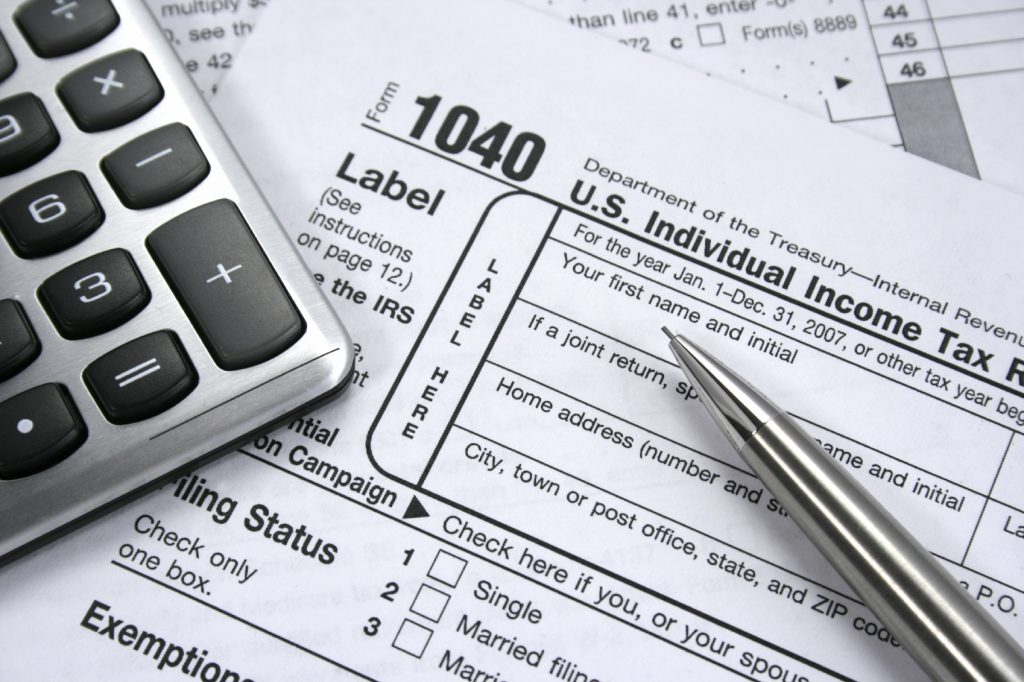
The IRS confirmed this week that it would not be extending the tax deadline once again, telling taxpayers who will miss the postponed date they will need to file for an automatic extension.
The Trump administration announced in March it would extend the filing deadline to July 15 from April 15 – marking the first time in history that the deadline has been moved.
The postponement was initially limited to certain people and businesses with tax obligations but was later expanded to include all filers.
Nearly every state has since followed suit with the July deadline.
By filing for an extension, a taxpayer will have an additional three months to prepare and file his or her paperwork – until Oct. 15.
Payers can also get an automatic extension when they pay all or part of their taxes electronically by July 15 and indicating that the payment is for an extension using Direct Pay, the Electronic Federal Tax Payment System, or a credit or debit card. This way you won’t be required to file a separate extension form.
Don’t forget, filing for an extension does not mean you don’t have to pay. The IRS still expects people who file for an extension to pay an estimate of taxes owed by the deadline – or face penalties and interest.
If you don’t file your return at all, the penalty during normal tax years is 5 percent of the unpaid taxes for each month a return is late. The penalty begins accruing the day after returns are due – up to a maximum of 25 percent of your unpaid taxes.
If you fail to pay your taxes, the penalty is 0.5 percent of the taxes not paid. The penalty is weighed each month after the due date until the bill is paid or the levy reaches 25 percent of unpaid taxes.
The failure-to-file penalty is reduced by the failure-to-pay penalty during a month where both penalties apply – the maximum penalty you’ll pay for both in any given month is 5 percent.
If the IRS thinks the amount you have estimated that you owe is unreasonable, you could also be subject to interest on what you failed to pay. If you do not owe any taxes, an extension will simply give you more time to submit your paperwork.
The administration has encouraged Americans who are expecting a refund to file as soon as possible to receive the funds quickly.











